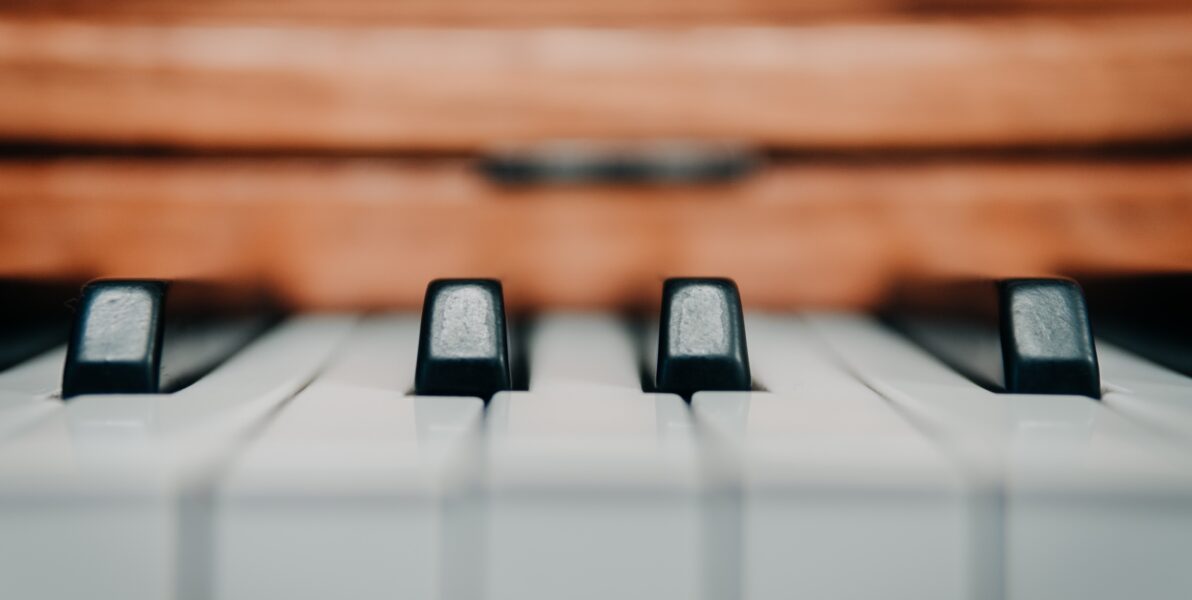Menu

Since achieving her first great success at Leeds International Piano Competition in 1987, Noriko Ogawa has worked with leading orchestras and conductors and is also renowned as a recitalist and chamber musician. She has received the Japanese Ministry of Education’s Art Prize in recognition of her outstanding contribution to the global cultural profile of Japan.
For Skipton Music's final concert of the season the Town Hall platform was graced by the distinguished Japanese pianist Noriko Ogawa. Following outstanding success at the 1987 Leeds Piano Competition, she has gone on to play with some of the world's leading orchestras and enjoys renown as a recitalist and chamber musician.
In a programme spanning well over two centuries of piano repertoire - from Mozart to a work by Yoshihiro Kanno, commissioned by her and of which she gave the first performance in 2010, Noriko impressed a near-capacity audience with her artistry and remarkable technique.
The recital opened classically with two Mozart sonatas, K 330 in C major and K331 in A major, but on this occasion betraying the odd inaccuracy and over-heavy fingering.
Then came Kanno's 'A Particle of Water', one of three pieces in 'Particles of Piano', due to receive in June its full premiere in Manchester. Noriko placed an unusual instrument on the piano - a stand suspending two pure iron chopsticks, fashioned by the Japanese sword artist Myochin. Struck by fingers or vibrating in response to the piano, they produce their own remarkable 'ethereal bell-like sounds' or 'a slow-fading texture of rippling sound.' The result was fascinating. The particle of water soon raged torrent-wise in an orgy of sound as the soloist dealt with such a tour de force, ending in an 'ethereal' diminuendo.
After the interval we returned to more familiar, but no less demanding works - a Debussy selection, then 'La Campanella', Liszt's characteristically complex variations on Paganini's best-known violin caprice, and finally Chopin's huge Scherzo in B flat minor.
In her powerful bravura recital Noriko clearly relished the challenge of demonstrating what the instrument she recommended to the Society some fifteen years ago is still capable of producing!
Douglas Riddiough